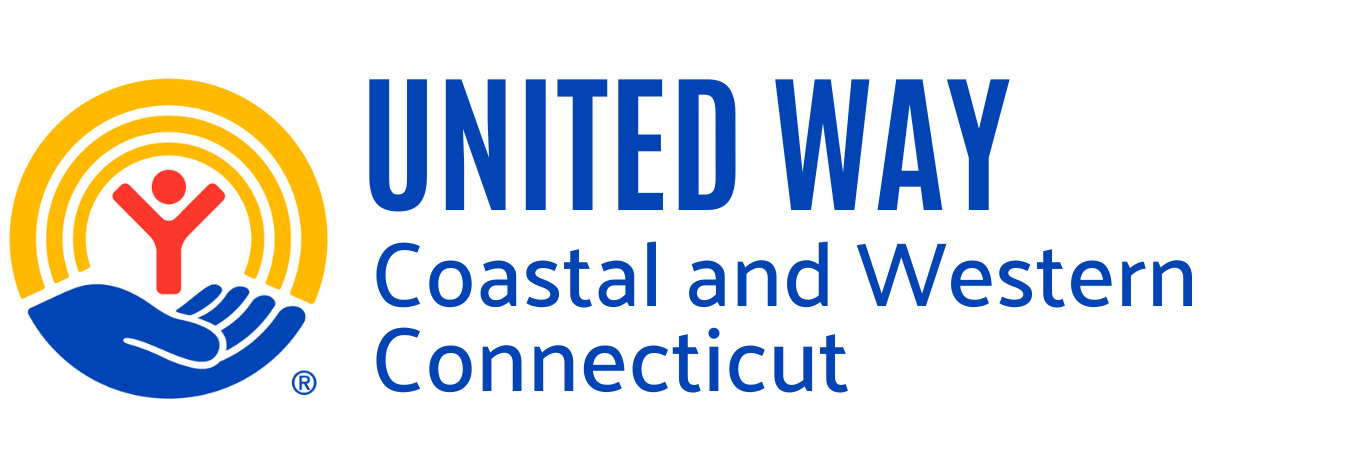
Testimony S.B. 145, An Act Appropriating Funds for The Homeless Response System Housing Committee
ood afternoon, Senator Moore, Representative Khan, Vice Chair Lesser, Ranking Members Scott and Sampson, and distinguished members of the Housing Committee,
As the President and CEO of United Way of Coastal and Western Connecticut, I am grateful for the opportunity to testify and provide general comments on S.B. No. 145, An Act Appropriating Funds for The Homeless Response System. Across Connecticut, nearly 40% of households live at or below the ALICE® threshold (Asset Limited, Income Constrained, Employed). This scenario is widespread, touching every community and legislative district across the state. ALICE households earn above the federal poverty level yet struggle to cover essential expenses such as food, child care, housing, transportation, and others. In the regions of Fairfield and Southern Litchfield Counties alone, 40% of households fall under the ALICE category, facing challenges in meeting basic needs, including housing.
Connecticut is facing an unprecedented escalation in homelessness, with a 14% increase year over year since 2021. As of late January, over 940 individuals were found sleeping outdoors due to the insufficient capacity of shelters and warming centers. This alarming figure underscores a dire need for expanded resources and support. In 2023, our state’s homeless response system, despite its national ranking for effectiveness, found itself overwhelmed. Nearly one-third of all inquiries to the 2-1-1 service requested housing and shelter assistance, totaling 477,601 calls. The same year witnessed 20,757 eviction filings, a direct consequence of spiraling rents and living costs amid inflation.
The request for $20 million in funding is detailed and deliberate, aimed at addressing specific areas of need within our homeless response infrastructure:
- $5 Million for Cold Weather Emergency Response to guarantee shelter during harsh winters.
- $7.4 Million to enhance Shelter and Outreach services, ensuring our frontline workers remain above the brink of homelessness themselves.
- $3.6 Million to support the Diversion and Coordinated Access Network hubs, crucial for connecting those in crisis with necessary resources.
- $2 Million to bolster Coordinated Access Network Backbone Organizations, enhancing system efficiency and response.
- $2 Million for the Flexible Funding Subsidy Pool, offering vital, short-term financial aid to those transitioning to permanent housing.
The consequences of inadequate funding extend beyond our shelters and streets; they ripple through all 169 municipalities in Connecticut. By supporting S.B. 145 with the requested funding, this committee has the power to significantly impact the conditions for hundreds, if not thousands, of Connecticut’s most vulnerable. This act is not just an investment in shelters or services but in the heart of our communities, ensuring every resident has the opportunity to live healthily and with stability.
I thank you for your time and consideration of this testimony.
Sincerely,
Isabel Almeida, President & CEO
